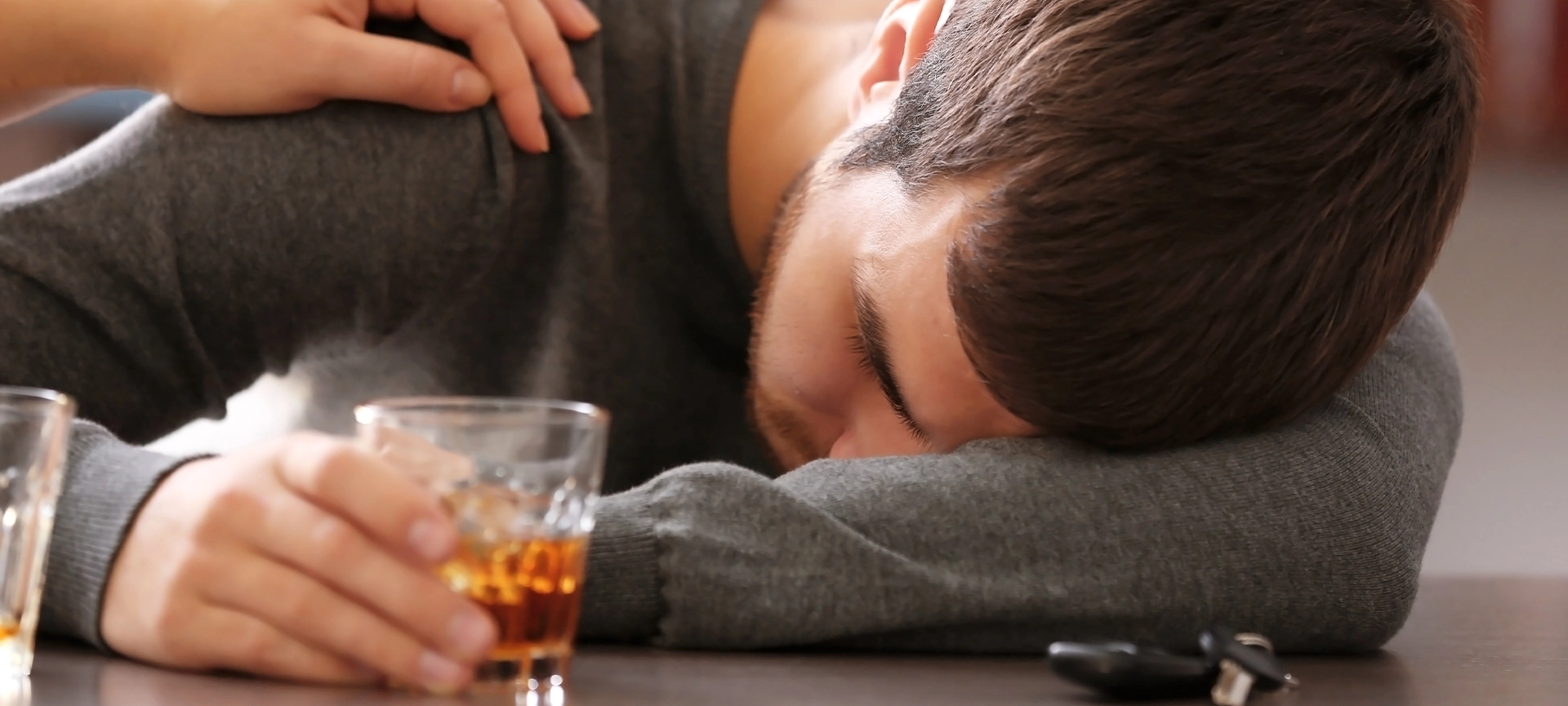Overcoming alcohol addiction is a significant achievement, but the journey toward lasting recovery extends beyond initial treatment. Aftercare is a critical component of this journey, providing ongoing support and resources necessary to maintain sobriety and prevent relapse.
Aftercare treatment for alcohol addiction is designed to support you as you reintegrate into your daily life, facing triggers and challenges outside a rehab environment. It’s a crucial period to implement the skills and strategies learned during treatment.
Addiction Rehab Toronto, like many rehabilitation centers, emphasizes the importance of comprehensive alcohol addiction treatment aftercare. Thankfully, this blog does justice to the topic.
Components of Aftercare for Alcohol Addiction
The road to recovery doesn’t end with detoxification or rehabilitation. The real challenge begins in the post-treatment phase, often referred to as aftercare.
Aftercare requirements after addiction rehab can take various forms, each tailored to meet your needs. Some common components of aftercare include:
Ongoing Therapy and Counseling
Continued therapy is vital in aftercare. It helps you understand and manage your triggers, cope with cravings, and deal with any psychological issues that may arise. Therapies can include individual counselling, cognitive-behavioural therapy (CBT), and family therapy.
Related Article: What to Expect After In-patient Treatment
Support Groups and Peer Support
Groups like Alcoholics Anonymous (AA) and other peer support programs play a significant role in aftercare. These groups provide a sense of community and shared experience, offering support and accountability. Regular meetings help maintain focus on sobriety and offer a platform to share challenges and successes.
Medication-Assisted Treatment (MAT)
For some, medication can be an essential part of alcohol addiction treatment. Medications like naltrexone or acamprosate can help manage cravings and reduce the risk of relapse. MAT is often used with therapy and support groups for the best outcomes.
Lifestyle Changes and Holistic Approaches
Recovery involves making significant lifestyle changes. This may include adopting a healthy diet, regular exercise, stress management techniques like meditation or yoga, and engaging in hobbies or activities that promote well-being.

5. Educational and Vocational Training
Part of aftercare often involves helping individuals rebuild their lives. This can include educational programs, vocational training, or job placement services, assisting individuals in becoming self-sufficient and confident in their new sober life.
Relapse Prevention Education
Alcohol addiction aftercare services typically include education on relapse prevention strategies. Understanding the warning signs of relapse and having a plan to address them is crucial for long-term sobriety.
Regular Monitoring and Check-ins
Regular check-ins with counsellors or healthcare providers can help track progress and address emerging issues. These check-ins provide an opportunity to adjust aftercare plans and offer continuous support.
The Role of Family and Community in Aftercare
Recovery is not a journey you take alone. The support of family, friends, and the broader community is essential in aftercare. Family therapy and support groups for loved ones can help rebuild damaged relationships and establish a supportive home environment.
Community resources, such as sober living homes or community centers, provide a supportive network.
Challenges in Aftercare and Strategies to Overcome Them
Life after alcohol rehab comes with its own set of challenges. Common issues include dealing with triggers, managing stress without alcohol, and rebuilding relationships. Strategies to overcome these challenges include:
- Developing healthy coping mechanisms: Replace drinking with healthier activities or hobbies.
- Maintaining a structured routine: A regular schedule can provide stability and reduce the risk of relapse.
- Building a supportive network: Stay connected with supportive friends, family, and support groups.
- Practicing self-care: Prioritize physical and mental health through exercise, proper nutrition, and relaxation techniques.
Related Article: Continuing Care After In-Patient Rehabilitation Treatment in Toronto, Ontario

Take the Next Step in Your Recovery Journey
Recovery from alcohol addiction is an ongoing process. Aftercare is not a finite phase but a continuous aspect of this lifelong journey. It requires persistence, commitment, and the willingness to seek help. The goal of aftercare is not just to prevent relapse but to promote a fulfilling, sober life.
Addiction Rehab Toronto offers programs tailored specifically to address post-treatment needs by providing tools and support that help you to keep sobriety. If you or a loved one is transitioning from alcohol addiction treatment, visit us for comprehensive alcohol addiction treatment aftercare programs in Toronto.
Our dedicated team is committed to supporting you every step in your journey to lasting sobriety. Reach out to us at 1-855-787-2424.







